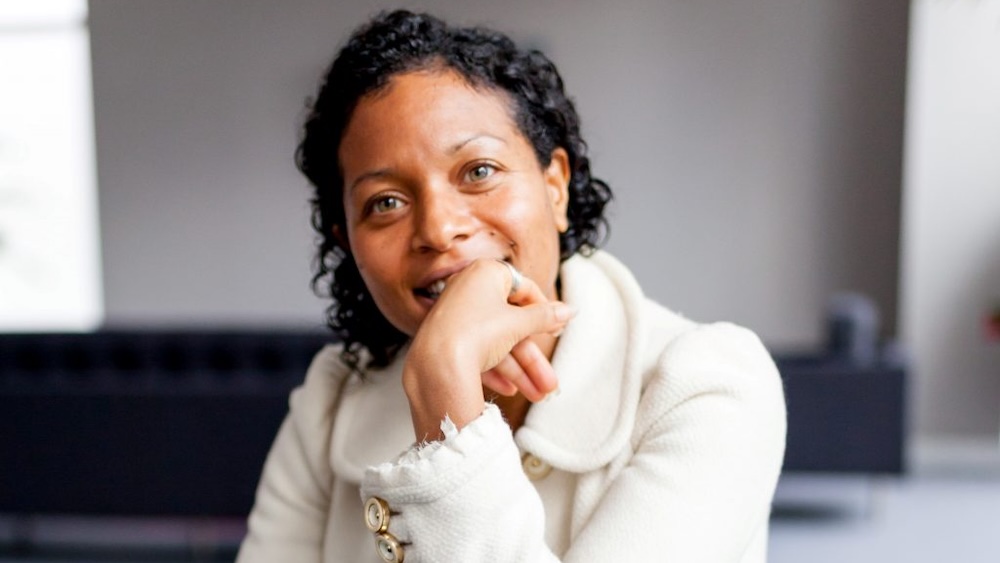
PCMA’s new Head of Global Sustainability Tanya Popeau has worked with a wide range of global corporations, nonprofit organizations, government agencies, and academic institutions.
In February, Tanya Popeau joined PCMA as the global head of sustainability. In that role, Popeau will build on PCMA’s strategy of sustainability by design, embedding sustainability throughout the association’s events, education, research, and content, and will lead the Convene 4 Climate global business events sustainability conference, which will be held Oct. 17 in Rotterdam, Netherlands.
As a sustainability executive and consultant, Popeau has worked with a wide range of global corporations, nonprofit organizations, government agencies, and academic institutions, including Unilever, the Jimmy Choo London Fashion Academy, and as head of innovation at a University of Sussex innovation incubator. Popeau also worked as a consultant to the United Nations as part of the international organization’s shift to a strategic focus on innovation, which she put into practice in 15 countries in Asia Pacific and Europe.
Convene talked with Popeau over email about her background and her new role:
What made the head of global sustainability position at PCMA appealing to you?
I was very excited when I saw this role. I relish the opportunity to operate on a global scale and collaborate with a broad range of actors to drive social and environmental impact. The events industry connects so many fields from aviation to food and beverage — all of these areas present exciting commercial opportunities to innovate to drive positive sustainable impact.
PCMA also has a fantastic focus from events to education and research. I have a varied background, so this role presents an opportunity to utilize my knowledge, skills, and international professional experience. I am excited to join such a rich and dynamic organization!
Was there a particular moment or experience in your life that led you toward a career focusing on sustainability?
Ever since I can remember, I wanted to make a positive difference in the world. Coupled with enjoying the rich cultures of world, these two passions have always been my driving force both professionally and personally. As I progressed, this has evolved into sustainability, however, for the majority of my career I have worked in roles which focus on positive impact.
One thing that stands out in your work is your focus on innovation. What have you learned about the kinds of environments and mindsets that support new ways of thinking? Is there anything that you absolutely must have in order to develop innovative solutions to problems?
Innovation requires a mindset that is curious, one that is prepared to go beyond and look beyond the status quo. One that is prepared to fail and persevere, that is nonjudgmental, but at the same time is very discerning. A fertile environment for innovation is collaborative, inspiring, supportive, and fun — this all relies upon great leadership.
You’ve worked with groups ranging from the nonprofit Amnesty International to Proctor & Gamble and the Arsenal football club, and as a consultant to the United Nations. Are there common threads that run through that very diverse list?
While I have worked with a diverse range of organizations, I will always say that I connect with people first. I have formed brilliant partnerships with people in these companies who all share common values from passion, integrity, and kindness, to having a positive energy and desire to move quickly and efficiently to implement exciting innovations which drive impact. I am a “people first” person — and great people are the common thread here and they can be found almost anywhere.
Do you have a favorite saying or quote?
“When you change the way you look at things, the things you look at change.” This quote lies at the heart of innovation, particularly when focusing on sustainability.
Are there any books about sustainability that you have recently encountered that you would recommend to readers?
Three key books are:
Net Positive by Paul Polman. Polman describes his practical experience at the helm of Unilever for 10 years, where he implemented the sustainability plan. Under his leadership, Unilever made significant profit and positive change. He is living proof that business can be commercially successful and drive positive, sustainable impact under the right stewardship.
Values, by Mark Carney, is an excellent read. As the former governor of the Bank of England, Carney is very much focused on the commercial side of business but also makes the case for “bringing humanity” back into business.
The Solutionists: How Business Can Fix the Future, by Solitaire Townsend, cofounder of the change agency Futerra, and advisor to governments, charities, and big brands on ways to solve social and environmental problems.
Barbara Palmer is Convene’s deputy editor.
